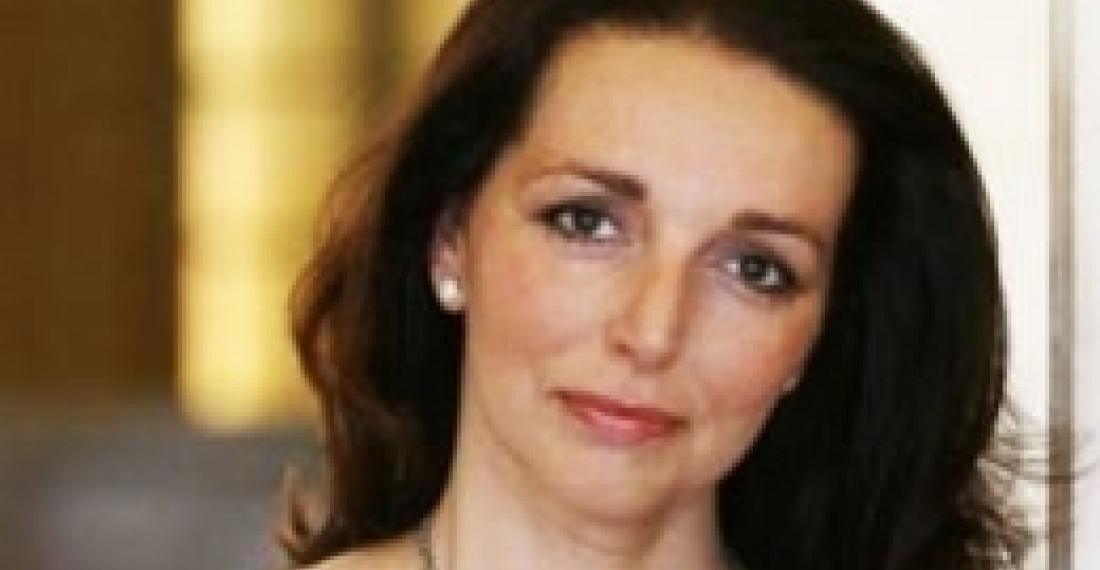Экс-президент Франции Николя Саркози создал в период своего президентства все необходимые условия для принятия законопроекта о криминализации отрицания армян, и нынешнему президенту Франсуа Оланду предстоит лишь выполнить свое предвыборное обещание и провести документ. Об этом в интервью Общественному телевидению Армении заявила депутат парламента Франции от партии Союз за народное движение Валери Буайе, являющаяся автором законопроекта о криминализации отрицания Геноцида армян.
При этом она отметила, что Оланд ведет несколько отличную от Саркози политику в отношении Турции. "Мы сейчас посмотрим, выполнит ли он свое предвыборное обещание. Скоро 100-летняя годовщина Геноцида армян, и мы обязаны довести дело до конца. Политические силы Франции должны поддержать эту инициативу",- отметила она, добавив, что Турция сама, своей отказнической и агрессивной позицией, способствовала внесению армянского вопроса в европейскую повестку. "Однако теперь в Турции поняли, что во Франции есть люди, которые их не боятся",- отметила депутат, добавив при этом, что после принятия Сенатом представленного ею законопроекта со стороны турок начались такие угрозы, что для защиты депутата и ее семьи пришлось привлечь правоохранительные органы. "Я ожидала такой реакции, но это было неважно", - сказала Буайе.
Депутат вновь подчеркнула, что намерена внести законопроект о криминализации отрицания Геноцида армян в повестку Сената Франции. Она также сообщила, что лоббирует признание Геноцида армян и в ряде других европейских стран.
Говоря об обвинениях в адрес экс-президента Николя Саркози в том, что он мог бы подписать принятую Сенатом резолюцию о криминализации отрицания Геноцида до того, как Конституционный суд Франции поставил на него вето, депутат заметила: <Это неверное мнение, Саркози не мог подписать данный документ до вердикта КС, это было бы нарушением закона>. Буайе подчеркнула, что Саркози был очень смелым президентом, и способствовал принятию этой резолюции, несмотря на протест Турции и ряда европейских стран.
По мнению Буайе, принятие законопроекта смягчило бы отказнческую позицию Анкары по Армянскому вопросу и пресекло бы экстрадицию и помилование азербайджанского убийцы Рамиля Сафарова. Комментируя информацию о том, что Венгрия эксрадировала Сафарова взамен на азербайджанские инвестиции в размере 03 млр евро, депутат подчеркнула: "Не хочу верить, что все можно купить за деньги и нефть". Она также посчитала неадекватной реакцию Парижа на экстрадицию и помилование Сафарова. "Пришло время мобилизовать все усилия для пресечения антиармянской политики Турции и посягательств Азербайджана в отношении Нагорного Карабаха",- резюмировала депутат.







